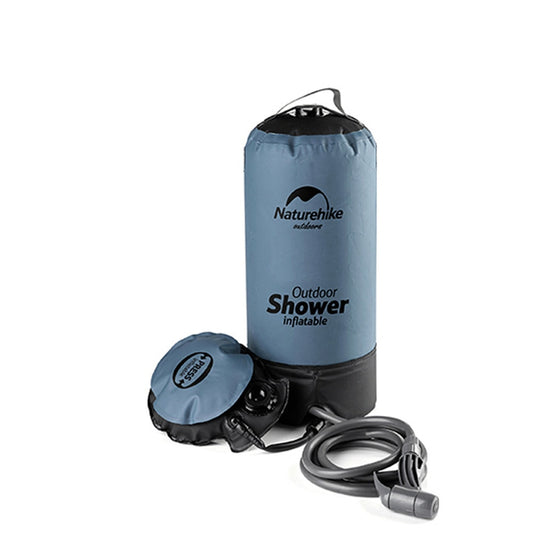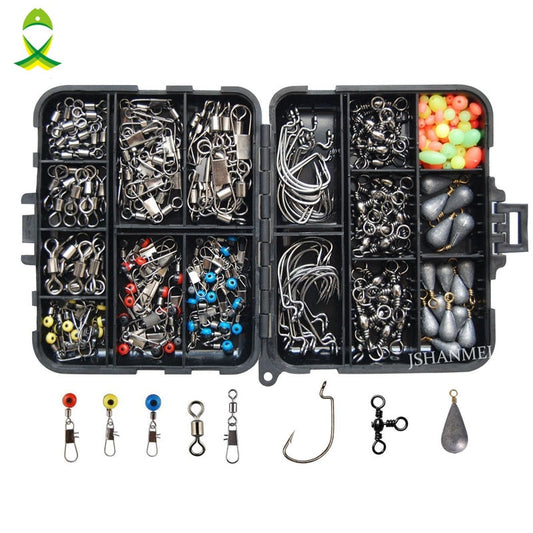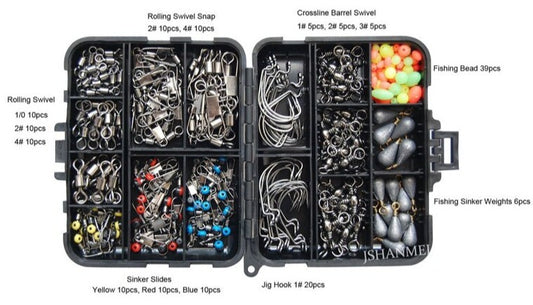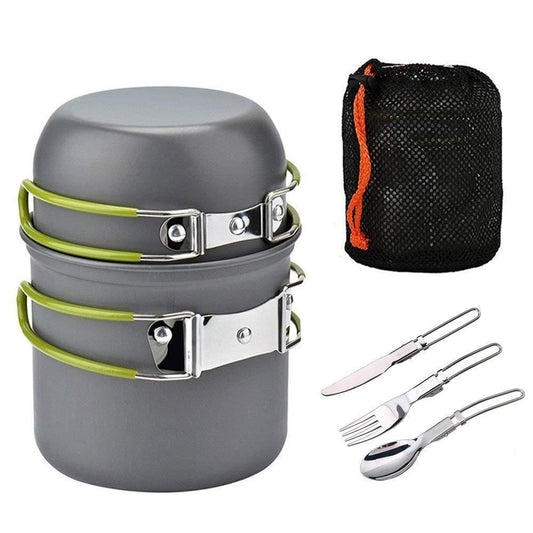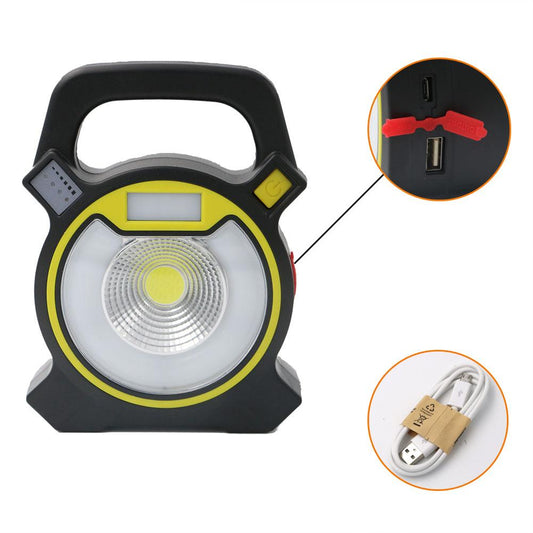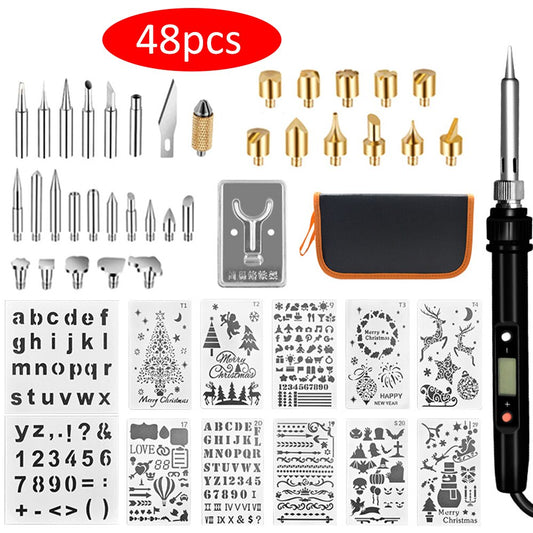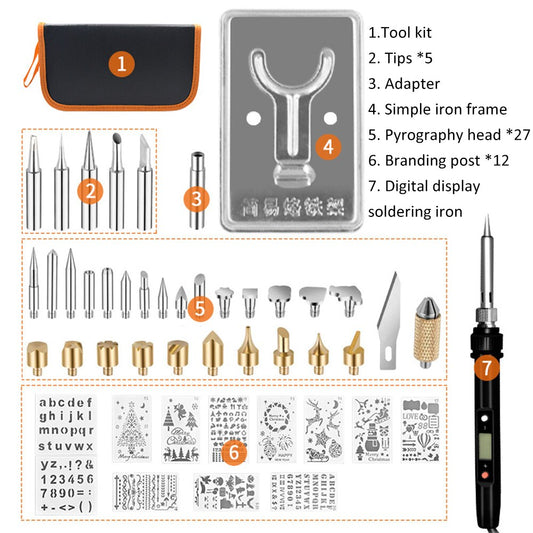
How To Prioritize Your Personal Well-Being
Share
Adulting can be a challenging transition, especially in a tough economy. As young adults, balancing personal well-being with the responsibilities of managing finances, education, and relationships can feel overwhelming. Prioritizing your well-being is crucial for maintaining a healthy and fulfilling life.
Here are some steps and examples to help you navigate this journey effectively.

Establish a Routine
Create a daily schedule that includes time for work, rest, exercise, and personal activities.
For Example: Wake up at the same time every day, set aside specific hours for studying or work, and ensure you have time for hobbies or relaxation in the evening. Consistency helps reduce stress and increases productivity.

Budget Wisely
Develop a realistic budget that accounts for your income, expenses, and savings goals.
For Example: Use budgeting apps like Mint or YNAB to track your spending. Allocate funds for essentials like rent, groceries, and transportation, while also setting aside a small amount for entertainment and emergencies. Avoid unnecessary debt by distinguishing between needs and wants.

Practice Self-Care
Integrate self-care activities into your routine to maintain your mental and physical health.
For Example: Engage in activities like yoga, meditation, or journaling to manage stress. Regular exercise, even if it's a daily walk, can improve your mood and energy levels. Don't forget to prioritize sleep and nutrition by eating balanced meals and maintaining a regular sleep schedule.

Build a Support Network
Surround yourself with supportive friends, family, and mentors who can offer guidance and encouragement.
For Example: Join local or online communities related to your interests or career field. Attend networking events, or seek out support groups where you can share experiences and advice. Having a strong support system can provide emotional stability and practical assistance.

Set Achievable Goals
Define clear, achievable short-term and long-term goals to keep yourself motivated and focused.
For Example: Set SMART goals (Specific, Measurable, Achievable, Relevant, Time-bound). For instance, aim to save a specific amount each month or to complete a certain number of job applications weekly. Break larger goals into smaller, manageable tasks to track your progress and celebrate your achievements.

Learn and Adapt
Continuously seek knowledge and skills that can improve your personal and professional life.
For Example: Take advantage of free or low-cost online courses through platforms like Coursera, Khan Academy, or LinkedIn Learning. Stay informed about your industry and explore new interests or hobbies. Being adaptable and open to learning helps you stay resilient in a changing economy.

Balance Work and Life
Strive for a healthy balance between your professional responsibilities and personal life.
For Example: Set boundaries for work hours, especially if you're working from home. Make time for social activities, hobbies, and relaxation. Remember that downtime is essential for recharging and maintaining overall well-being.

Seek Professional Help When Needed
Don't hesitate to seek professional assistance for mental health or financial guidance.
For Example: If you're feeling overwhelmed or experiencing anxiety or depression, consider speaking to a therapist or counselor. Many universities and workplaces offer free or low-cost mental health services. For financial advice, consult with a financial planner or use free resources available through community organizations.
Adulting in a tough economy requires careful planning and a proactive approach to personal well-being. By establishing routines, budgeting wisely, practicing self-care, building a support network, setting achievable goals, continuously learning, balancing work and life, and seeking professional help when needed, you can navigate the challenges and thrive as a young adult. Remember, prioritizing your well-being is not just about surviving—it's about creating a fulfilling and balanced life despite the obstacles.
Presented by Coach Trina at Dragoyle.com





